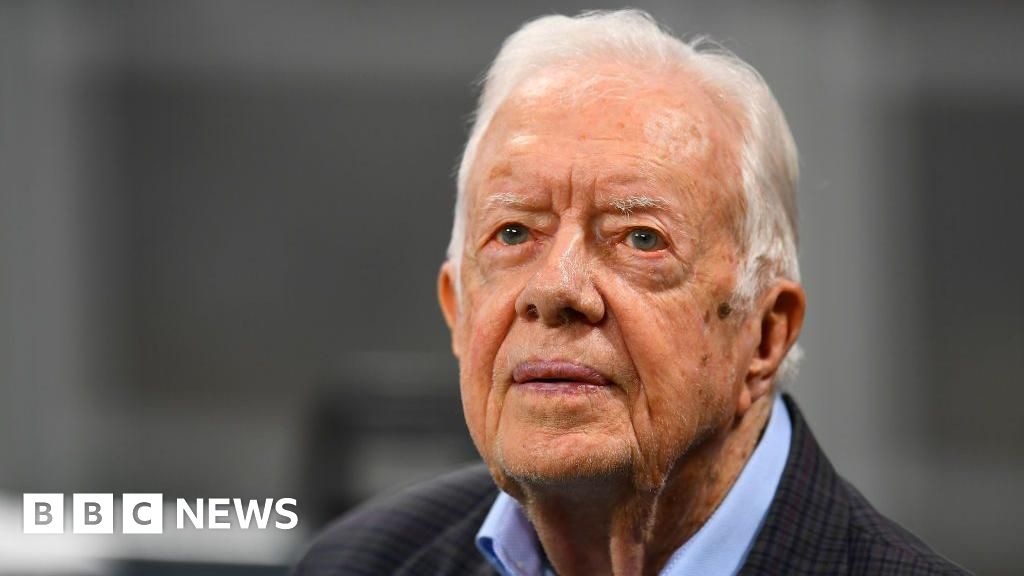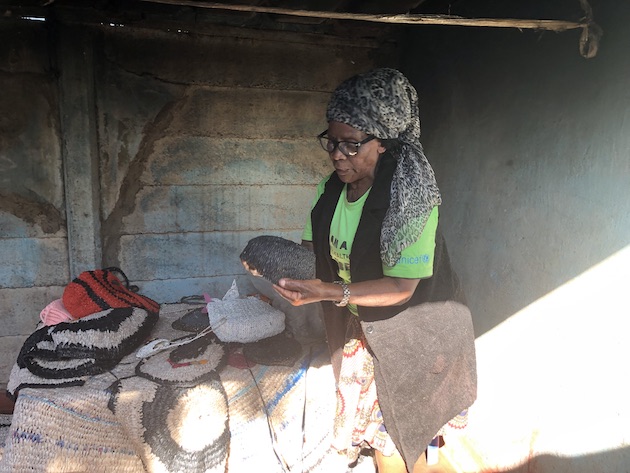Tedros urges Pfizer to make oral COVID antiviral available more widely — Global Issues
Tedros Adhanom Ghebreyesus’s appeal comes as confirmed coronavirus cases jumped nearly 30 per cent in the past two weeks, with increased infections in four out of six regions of the world.
Agreeing terms
“Our organizations are still trying to finalize with Pfizer the appropriate terms and conditions for low and middle-income countries”, he told journalists, at his regular weekly briefing in Geneva.
“This is delaying access and some countries may choose to wait for a generic version of the antiviral, probably available only early 2023 and this will cost lives. I call on Pfizer to work closely with health agencies and countries to ensure its new oral antiviral is available quickly and effectively.”
The UN health agency has been working with the Global Fund and UN Children’s Fund, UNICEF, to help countries source antivirals when they become available.
These include allocations of Molnupiravir, which 20 countries have secured, and Nirmatrelvir-Ritonavir, or Paxlovid, which 43 countries have expressed an interest in obtaining.
Variants ‘driving waves’ of infection
Overall, he said that in Europe and America, the BA.4 and BA.5 subvariants were “driving waves” of new infections, while in some countries, including India, “a new sub lineage of BA2.75 has also been detected, which we are following.”
Four of six of the WHO sub regions saw cases rise last week, and increasing the challenge beyond access to new treatments, is a fall in testing across many nations, and the simple fact that vaccine protection “does wane”.
Each wave of the virus, even if hospitalizations and deaths are down, leaves more people with long-COVID or post-COVID conditions, Tedros warned, putting an extra burden on patients, loved ones, but also “health systems, the wider economy and society at large.”
It is essential to accelerate research and development into “next generation of vaccines, tests and treatments”, he said, and WHO is working with scientists around the world, to make it happen.
© UNICEF/ Dhiraj Singh
An employee works on the production line of a COVID-19 vaccine in India
‘Scale and spread’ of Monkeypox, concerning
On Monkeypox, Tedros said that he continued to be “concerned by the scale and spread of the virus”.
There have now been more than 6,000 cases recorded in 58 countries, said Tedros, noting that it was “highly probable” that a significant number of cases were not being picked up because of limited testing.
Europe is the current epicentre of the outbreak, with more than 80 per cent of cases globally.
In Africa, cases are appearing in countries not previously affected, and record numbers have been confirmed in places which have seen monkeypox previously.

© CDC
Monkeypox lesions often appear on the palms of hands.
Vaccine developments
The WHO chief said the agency was working with countries and vaccine manufacturers to coordinate the sharing of vaccine shots, “which are currently scarce and need to be accessible to the most at risk people.”
WHO is also working closely with civil society and the LGBTIQ+ community, especially to break the stigma around the virus and spread accurate and reliable information so people can protect themselves, he added.
“I want to particularly commend those that are sharing videos online via social media channels talking about their symptoms and experiences with Monkeypox.
This is a positive way to break down the stigma about a virus that can affect anyone.”
Check out our Latest News and Follow us at Facebook
Original Source







